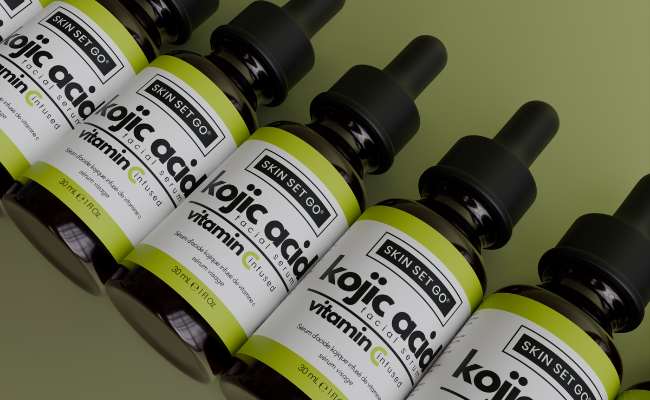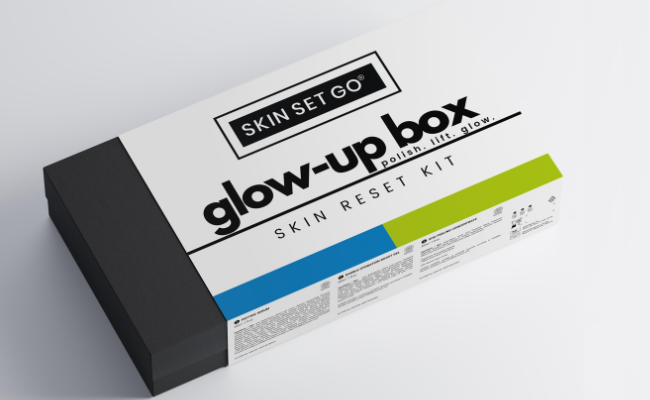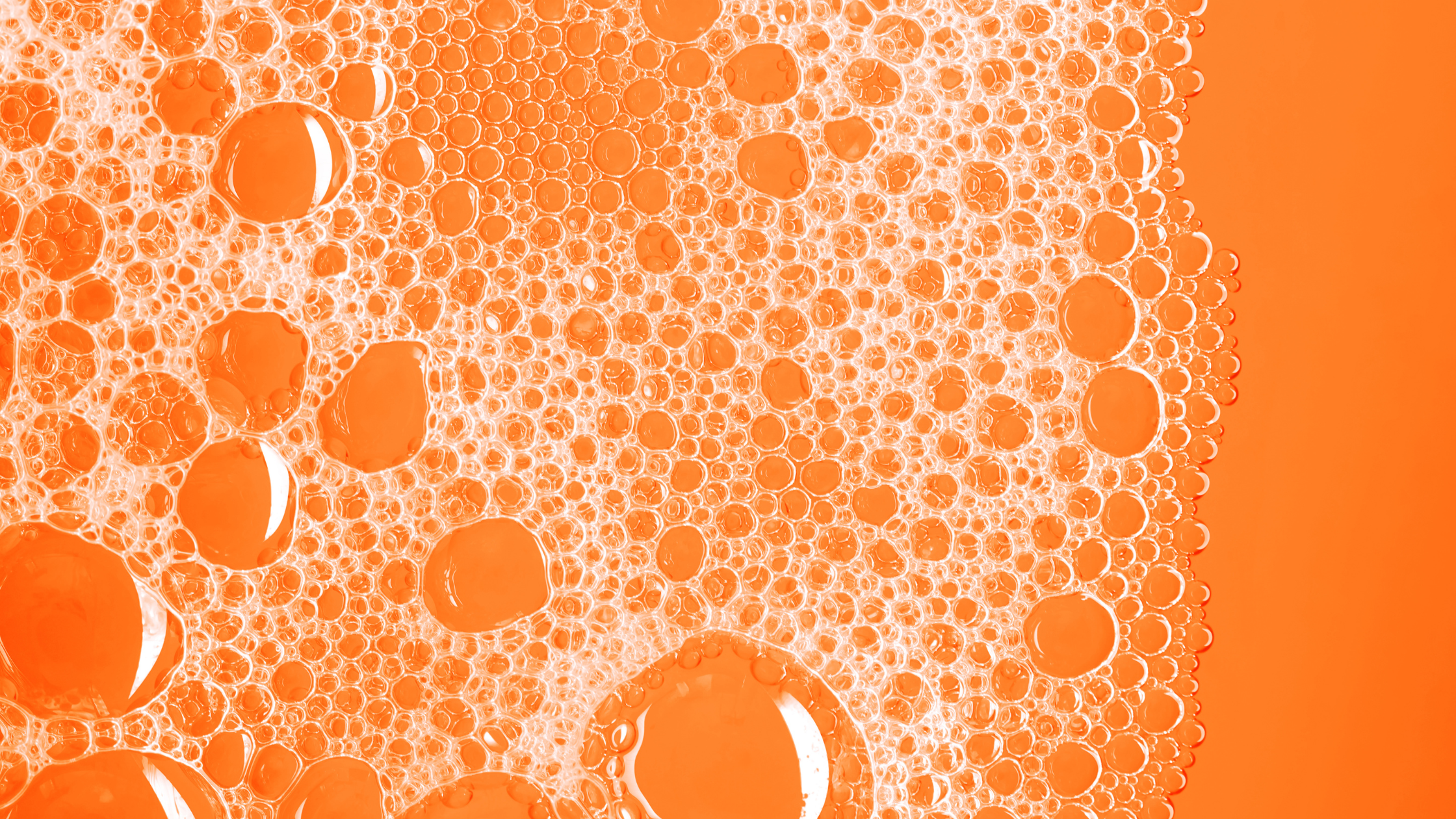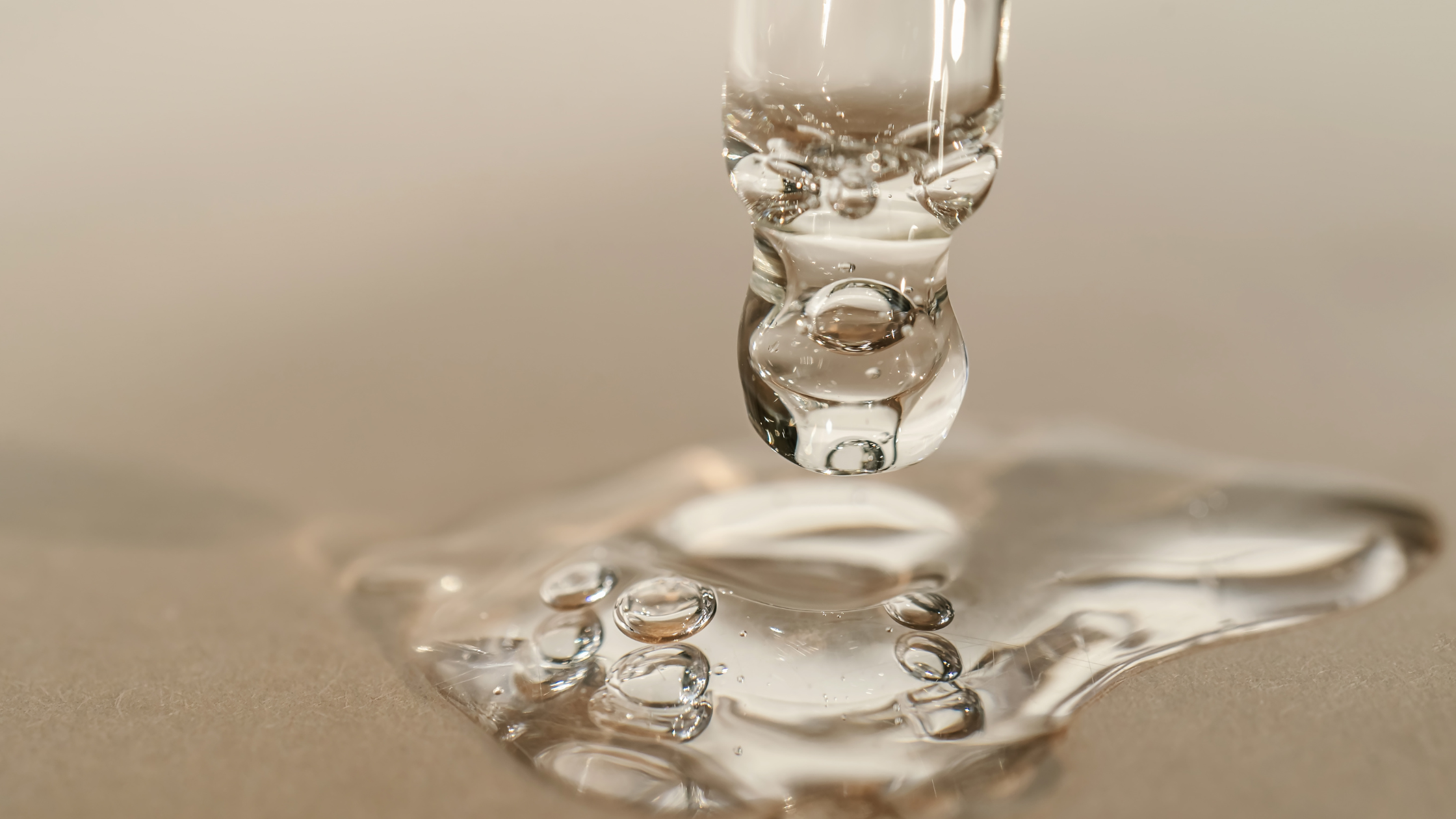
Does Vitamin C Serum Expire?
The Ultimate Guide to Vitamin C Serums: Expiration Dates, Preservation, and More
Welcome to your go-to source for everything you need to know about Vitamin C serums, their shelf life, and how to keep them potent for as long as possible.
Vitamin C is a powerhouse ingredient in skincare, renowned for its antioxidant properties, ability to promote collagen production, and its role in reducing the appearance of fine lines and hyperpigmentation. However, its effectiveness can be significantly reduced if it expires or degrades. Let's dive into the world of Vitamin C in serums, exploring the different forms it comes in, why and how it expires, and the best practices for extending its shelf life.
Understanding the Different Forms of Vitamin C
Vitamin C appears in several forms in skincare products, each with its unique stability and efficacy profile:
L-Ascorbic Acid (LAA): The most potent form of Vitamin C, known for its effectiveness in collagen synthesis and pigmentation reduction. However, it's also the most unstable, easily degrading when exposed to light and air.
Ascorbyl Palmitate: A fat-soluble derivative of Vitamin C, which is more stable but less potent than L-Ascorbic Acid.
Sodium Ascorbyl Phosphate (SAP): A water-soluble form that is more stable and gentle on the skin compared to LAA.
Magnesium Ascorbyl Phosphate (MAP): Another stable and effective form, MAP is particularly good for those with sensitive skin.
Tetrahexyldecyl Ascorbate: A very stable, oil-soluble form of Vitamin C, known for its ability to penetrate the skin deeply.
Why and How Vitamin C Serums Expire
The effectiveness of Vitamin C serums is largely impacted by their exposure to air, light, and heat, leading to oxidation. Once oxidized, Vitamin C becomes less effective or even potentially harmful to the skin, causing irritation or breakouts. The rate of degradation depends on the form of Vitamin C, the formulation of the product, and how it's stored.
L-Ascorbic Acid, for example, is highly prone to oxidation, which is why it often comes in dark or opaque packaging. Once oxidized, the serum can change color, typically turning from clear or slightly yellow to brown or orange, indicating it's time to toss it out.
Decoding the Lifespan of Vitamin C Serums
Vitamin C serums don’t come with a one-size-fits-all expiration date. However, most are formulated to remain potent and effective for 3 to 6 months after opening, with unopened bottles typically lasting up to one year when stored correctly. The longevity of the serum largely depends on the type of Vitamin C it contains:
L-Ascorbic Acid (LAA): Despite being the most effective form of Vitamin C, LAA is also the most susceptible to oxidation, with a shorter shelf life of approximately 3-4 months after opening if not stored properly.
Stable Derivatives: Forms like Sodium Ascorbyl Phosphate, Magnesium Ascorbyl Phosphate, and Tetrahexyldecyl Ascorbate tend to have a longer shelf life, remaining potent for about 6 months to a year after opening, thanks to their increased stability.
Identifying When Your Serum Has Gone Bad
The most obvious sign of a Vitamin C serum that has expired is a change in color. Fresh Vitamin C serums are typically clear or have a light straw color. As the serum oxidizes and degrades, it can turn yellow, then brown or orange, indicating it’s time to say goodbye. Besides color change, a noticeable difference in the serum's texture or a distinctly rancid smell can also signal that it's no longer good to use.
Proper Storage and Usage for Maximum Potency
To extend the life of your Vitamin C serum and keep it effective for as long as possible, follow these storage tips:
Avoid Light and Heat: Store your serum in a cool, dark place, far away from direct sunlight. Think of your refrigerator or a dark cabinet as ideal spots.
Opt for Dark Packaging: Serums in opaque bottles are better protected from oxidation triggers like air and light.
Use It Up: Aim to use your Vitamin C serum within the recommended time frame to enjoy its full benefits.
Can You Still Use Your Serum After It’s Gone Bad?
Using an oxidized Vitamin C serum isn’t recommended. Once the serum has changed color or shown other signs of degradation, its efficacy is compromised, and it could potentially irritate your skin. It’s best to err on the side of caution and replace any serum that shows signs of expiration.
Meet Our Kojic Acid + THDA Serum: A Beacon of Stability
For those seeking the pinnacle of stability and efficacy in their Vitamin C serum, look no further than our Kojic acid + THDA Serum. Formulated with Tetrahexyldecyl Ascorbate, a fat-soluble form of Vitamin C, this serum stands out for its ability to maintain potency and deliver unparalleled anti-aging benefits. Its innovative formulation ensures deep penetration into the skin, maximizing collagen production and brightness without the common pitfalls of oxidation.
Superior Stability: The THDA Serum is engineered to resist oxidation, retaining its effectiveness longer than traditional serums.
Optimal Efficacy: Thanks to its stable formulation, it delivers consistent results, improving skin texture, reducing the appearance of fine lines, and evening out skin tone.
User-Friendly Packaging: Housed in opaque packaging, it's designed to protect the serum from degradation factors, extending its shelf life.
The Verdict
Leveraging the benefits of Vitamin C serum effectively means understanding its forms, spotting the signs of expiration, and practicing proper storage and usage. By choosing a high-quality, stable product like our THDA Serum, you can enjoy the full spectrum of Vitamin C benefits for longer, ensuring your skin remains radiant, healthy, and youthful. Embrace our THDA Serum for your skincare routine and witness a transformation in your skin's vitality and luminosity.







Leave a comment
This site is protected by hCaptcha and the hCaptcha Privacy Policy and Terms of Service apply.